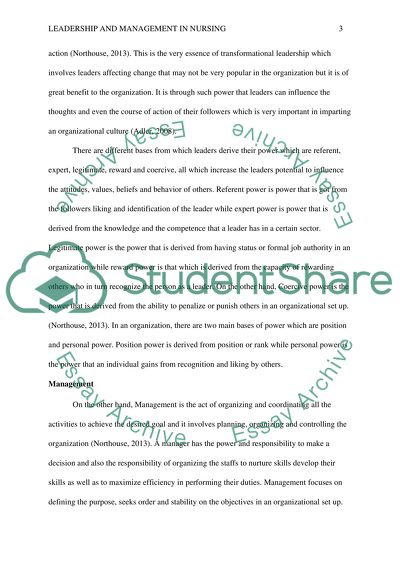Cite this document
(“Leadership Term Paper Example | Topics and Well Written Essays - 1250 words - 2”, n.d.)
Retrieved from https://studentshare.org/nursing/1485537-leadership
Retrieved from https://studentshare.org/nursing/1485537-leadership
(Leadership Term Paper Example | Topics and Well Written Essays - 1250 Words - 2)
https://studentshare.org/nursing/1485537-leadership.
https://studentshare.org/nursing/1485537-leadership.
“Leadership Term Paper Example | Topics and Well Written Essays - 1250 Words - 2”, n.d. https://studentshare.org/nursing/1485537-leadership.


